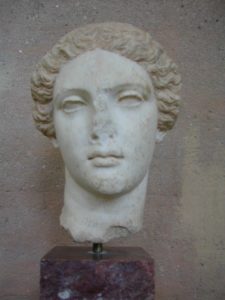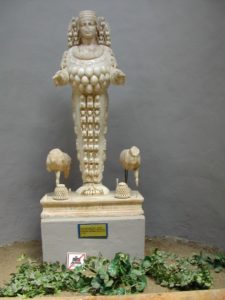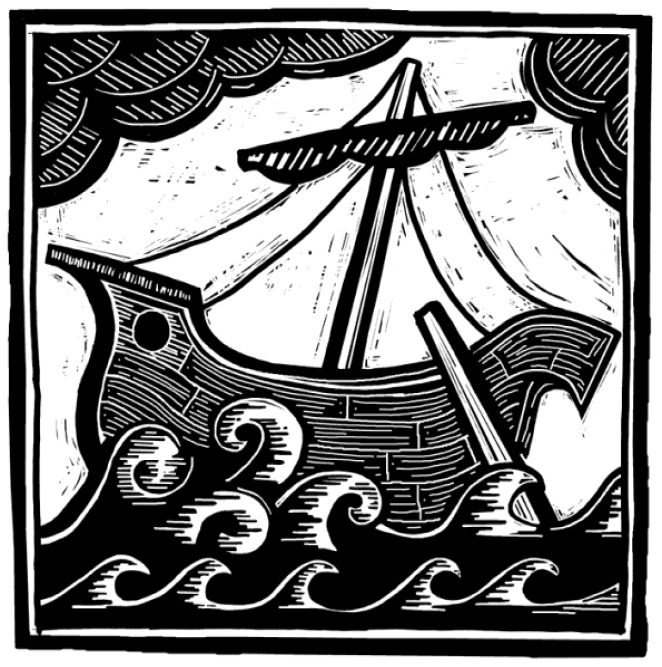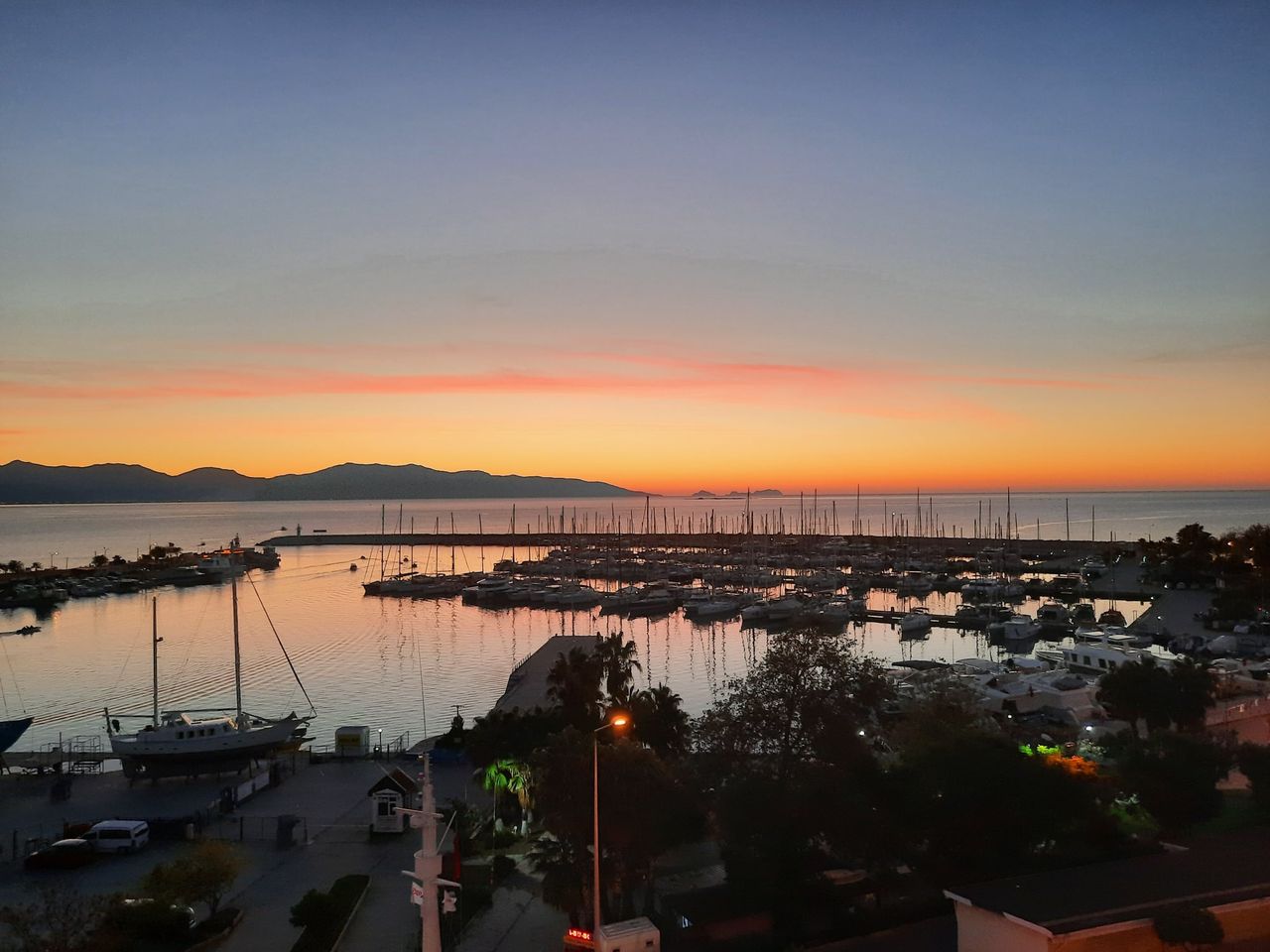This blog is different. For the past several days we’ve been back on SailingActs here in Finike, Turkey. That’s right, Janet flew back with me from my quick working visit to Virginia just last weekend for a bit of R and R following a flurry of activities at EMU over homecoming. In that time we hosted our good friend Rami Kassis from Palestine as the special EMU cross-cultural Homecoming guest. I gave an EMU chapel presentation. And together we hosted the Middle East cross-cultural reunion for about 50 students and former leaders, met with three different future cross-cultural groups, and interviewed 35 students for the 2014 cross-cultural.

Janet and I will be together until she returns to the US in five days. And while this week is fall break for EMU and provides a guilt-free brief interlude from sabbatical research, with Janet here, my ports of Paul learning is not on hold. Thanks to Janet and the small, positive changes she brings to my life aboard, as well as the conversations we’re having about women in Paul’s life at sea and in seaports, this blog is focused on women.
As I have discovered, while details about the nature of maritime culture in first-century Roman Empire are very scarce, insights into the life of women in seaports and on ships during that time are even less available. But there is some evidence. From the statues of goddesses and high-status women in seaports . . .


. . . to the clues in literature, graffiti, drawings and archeological evidence about low-status women in seaports, both the idealization and exploitation of women was the norm within maritime culture.
As I am discovering, Paul, the Jewish, Pharisee, follower of Jesus, lived very, very closely with the men and women of this maritime culture. Paul is personally acquainted with high and low status women, the idealized and the abused. Paul refuses to accept the sta
tus quo. Not only does he confront the divisions in society with words (“There is neither Jew nor Greek, slave nor free, male nor female” Gal. 3:28) but in his life and relationships as well. He neither idealizes nor exploits women, but works with women leaders as equals.




I prefer not to leave an email address for this particular response, since i´m at a public internet cafe at one of the many bus stations in Santiago Chile. I had to take the in comparison to Paul luxuries trip in a big bus which had a nice reclining seat and a bathroom on board. However, for the tall gringo, the bus was still to small for me and made the 16 hour trip long. I´m sure tonight will feel even longer since there wasn´t much sleep last night.
Anyway, I agree that Paul worked with woman. Acts 16;13, Romans 16;12 are a couple of scriptures in which Paul mentions meeting with woman that were gathered together and sends his greetings to those women that have been working in the Lord. Unfortuantely there is the other side in which Paul commands women to be silent in meetings and not to speak and the other teachings that seem to give women a lower place than men.